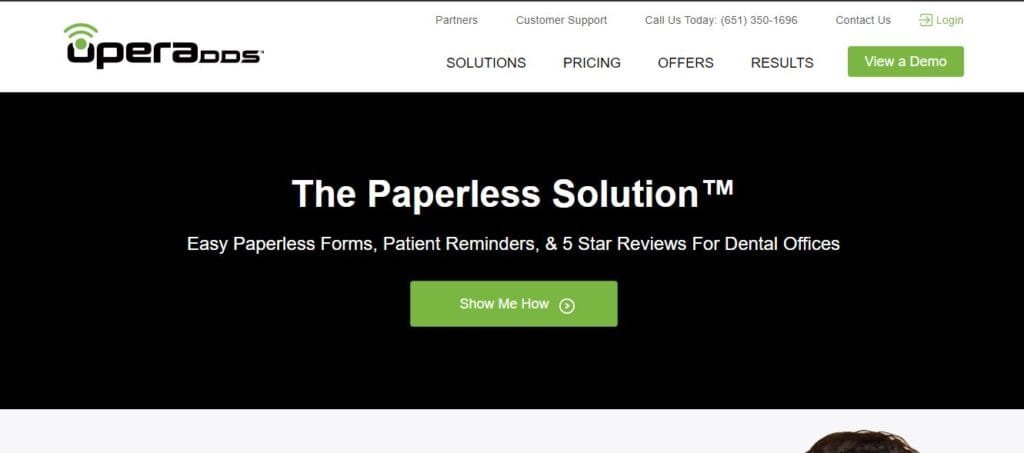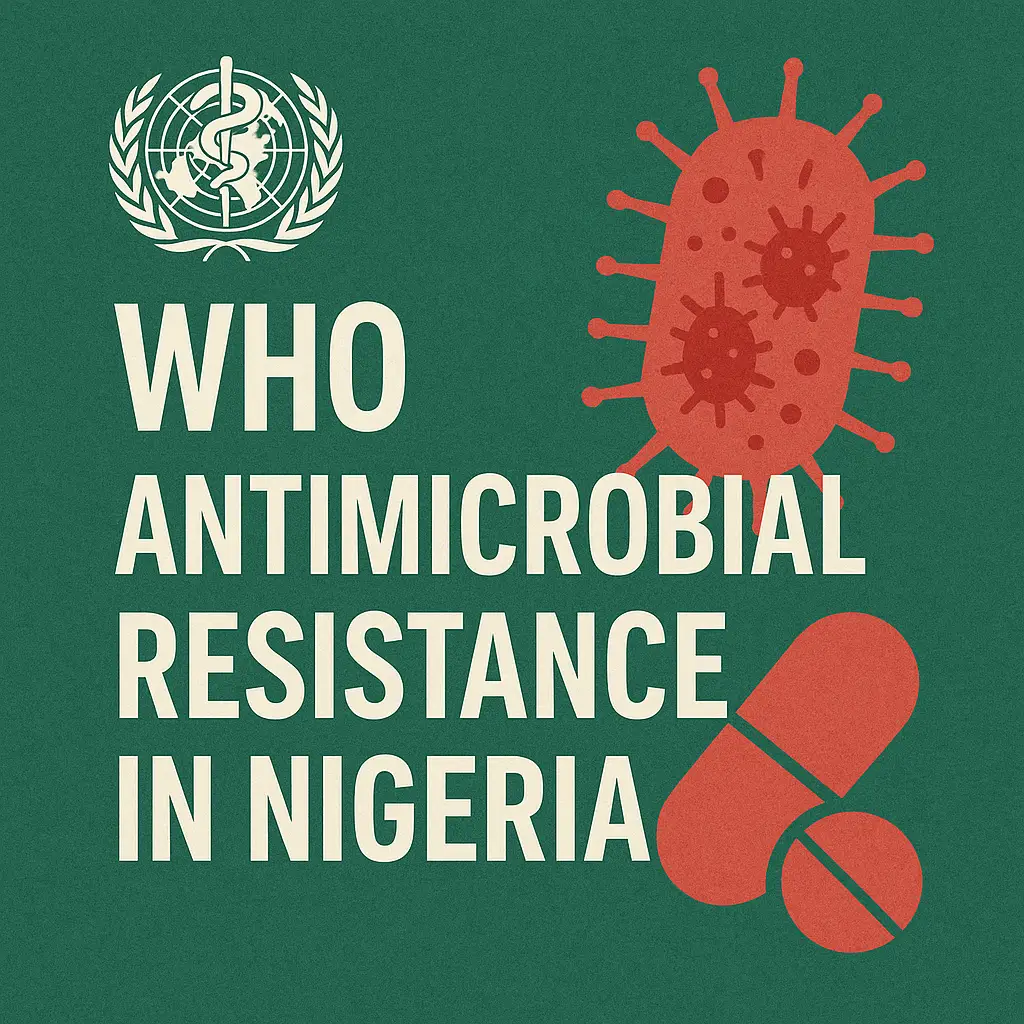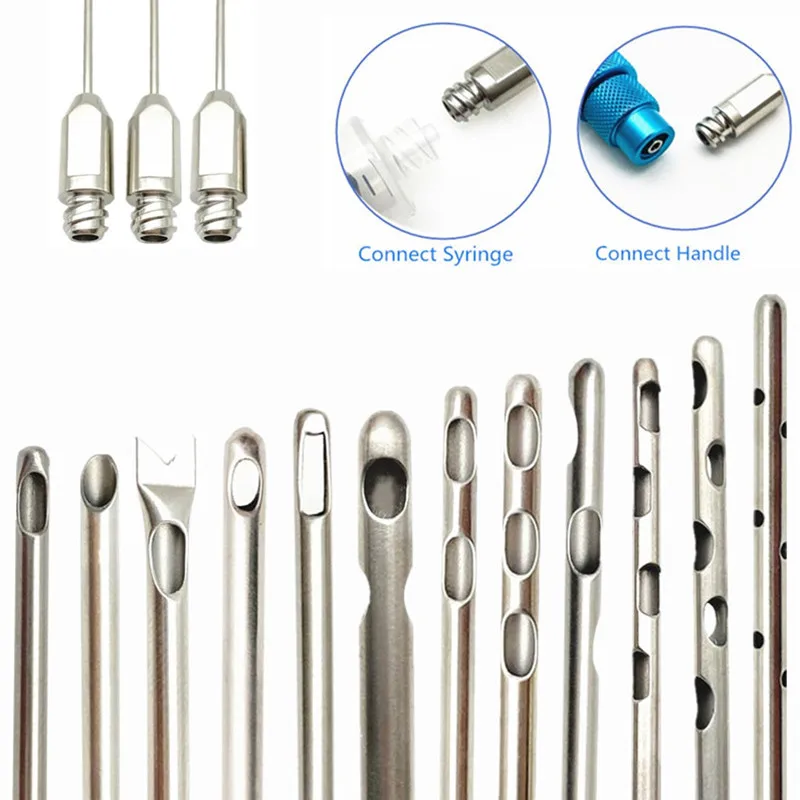Medical organizations keep looking for ways to improve service quality. The one who succeeds wins in the ever-increasing competition. Many tasks of modern medical institutions can be solved using a healthcare CRM system – and more and more medical organizations across the world are doing this.
Competition among commercial healthcare providers has continued to rise in recent years. Customer expectations are also growing accordingly. More and more organizations in the healthcare sector are choosing medical CRM systems for themselves. These systems can help improve service and proactively respond to customer needs. In the healthcare sector, relationship management systems help automate the collection of information, integrate data from different sources, greatly facilitating daily activities. Currently, information systems for medical institutions are a way to increase efficiency, improve the quality of service, and simplify the process of managing the overall health of patients. Medical organizations choose healthcare CRM systems for themselves to increase profits.
What is Healthcare CRM
Healthcare CRM is a customer relationship management system specially designed for healthcare organizations. Its main purpose is to help retain existing patients as well as to attract new ones. It combines a variety of data such as patient demographics, interactions with an organization’s website and call centres, financial and other critical data to create a comprehensive profile.
For example, CRM in healthcare can help determine new treatment options. Enriched with data analytics, it can indicate which patients may benefit from certain health services. It can also find “forgetful” patients who need regular follow-ups and testing, but miss their appointments.
The benefits are not limited to patient-centred practice. CRM in healthcare can also help improve the internal processes of healthcare organizations. One example of such improvement is the automation of the billing and resource management process.
Features of Healthcare CRM
These features can be grouped into the core components of a healthcare CRM tool to meet today’s healthcare needs:
Comprehensive patient management
Healthcare CRM software can not only store patient contact details. Using CRM in healthcare, medical personnel can manage patient-specific data, such as appointments, prescriptions, notes, and others. In addition, it is possible to create and maintain a full, detailed patient profile that can be used for follow-up and direct mailing.
Dashboards and reports
Medical CRM software has the ability to analyze data and create customized reports that use the organization’s business intelligence. There are different types of reports that can be useful for a healthcare organization. A simple example is the Open Issues Report, which collects all external issues (such as patient complaints) and internal issues (such as equipment failure).
Interaction with existing tools
It is important to integrate the healthcare CRM system with the existing hospital and clinical tools, such as a visit calendar, a radiology information system, and HR management tools. This removes the need to enter the same information twice.
Work on multiple devices and platforms
The use of a medical CRM system should not be limited to an office desktop. When doctors examine patients, they should be able to access patient records and enter information using other devices, such as smartphones or tablets, without going back to the office. Taking notes on paper and printing them later on an office computer is not the best option.
Direct communication with patients
The healthcare CRM tool must be able to maintain mailing lists. For example, automatically sending an introductory email “Welcome to our clinic” to people who register on your website. Another example is a reminder to get vaccinated early and how it can be done in your clinic or hospital.
Healthcare CRM examples
Salesforce Health Cloud
Salesforce is one of the leading CRM systems for many industries, including healthcare. This medical CRM is designed to meet a variety of healthcare needs and aids in working with new patients. It has a complete overview of the patient’s medical records. Healthcare professionals can communicate with patients on any device – this can be used for things like meeting reminders and cancellations. There are tools to simplify payments with insurance companies, as well as pharmaceutical business management functions, marketing and sales assistance tools.
Zendesk
Zendesk is a popular customer service platform and general medical CRM system. It has solutions for healthcare organizations that help keep their patients healthy. There is complete patient information with EHR, medical devices, and visit logs. Zendesk Support makes it easy to stay in touch with patients using the call centre tools, as well as SMS and other channels. Zendesk Healthcare CRM tools allow you to track appointments and set reminders about them. Health professionals can also organize their daily tasks in a way that is convenient for them.
Onpipeline
Onpipeline is a good customer relationship management tool that can be used as a medical CRM system for healthcare. Its main strength is in sales and marketing. This means that it is great for both outreach and patient engagement. There are marketing automation tools that can be very useful for private clinics in the search for new patients. You can also set up workflows for sending messages to new and potential patients. Being a healthcare CRM, it has the ability to track patient data and medical records.
Leadsquared
Leadsquared is a medical CRM system for sales and marketing, but it has healthcare as one of its solutions. The CRM is suitable for specialized hospitals, which may include women’s and children’s hospitals. Leadsquared can attract clients by using marketing automation to convert potential customers into paying ones. It even stores all text conversations and phone calls with patients. With Leadsquared, hospitals and clinics can create email campaigns and landing pages. It also allows you to track patient satisfaction.
Opera DDS

OperaDDS is a communication tool for dentists that also has features suitable for general medical CRM in the healthcare industry. OperaDDS has the function of paperless forms and provides reliable protection of all information about the patient. There are also tools for reminding patients about appointments by sending messages via email, SMS, and other channels. OperaDDS can also manage your clinic’s social media reviews and helps keep positive ones at the top.
PatientPop
PatientPop is the healthcare CRM that is most suitable for newly-created private clinics. It helps clinics create websites, maintain a stable online presence, and manage reputation. This platform allows patients to make online reservations, and helps automate appointment reminders and cancellations. PatientPop healthcare CRM integrates with the EGR and EGR systems, and helps attract new patients through marketing campaigns.
HIPAA CRM
HIPAA CRM is a cloud-based CRM software solution. As the name suggests, this CRM in healthcare puts HIPAA first. Patient management gives you a complete overview of all customers, allowing clinics to track the sales funnel of new patients. These funnels also help track opportunities for new treatments. HIPAA CRM has a marketing automation tool that works with email and direct mail. It also provides tools for managing tasks and features secure phone calls.
Healthgrades
Healthgrades is an intelligent CRM in healthcare systems and industry. The tools to improve patient engagement include contact centers and appointment schedules. Healthgrades medical CRM helps clinics understand their markets for email marketing campaigns and performs intelligent audience segmentation. The Healthgrades platform makes it easier to refer to specialists and to partner with healthcare systems, which is undoubtedly a big plus.
PlayMaker Health
PlayMaker Health deals with data analytics and business intelligence for healthcare. It also helps in the marketing and sales of private clinics. PlayMaker has a mobile app for medical CRM. Full referral profiles help identify potential patients and use segmentation, including the criteria of geolocation. PlayMaker Health also offers market analysis for attracting new patients and deals with cross-selling and reselling relapse patients.
Caspio
Caspio is a universal tool for managing customer relationships. This tool is especially good for creating databases with no coding skills. Casio offers many features to help healthcare professionals, such as online patient portals, health assessment sheets, and patient feedback tools. Caspio medical CRM manages patient engagement programs, as well as monitors staff performance and maintains an inventory of medical equipment.
Pega
Pega is a customer interaction tool. This CRM in healthcare uses AI functionality. It can help create a more personalized interactive experience for medical organisations and their patients. You get a complete overview of the patient, including their demographic information. I-marketing is useful for reaching out, as you also get the tools for pharmaceutical management. Pega offers tools for customer service in hospitals and clinics as well.
InfluxMD
Influx MD is a healthcare CRM for sales and marketing. Good contact management allows clinics looking for new patients to collect and rate leads, including demographic information. The lead status is updated in real time, and Influx provides you with a complete communication history. Marketing workflows enable you to automate email marketing campaigns. You can also integrate EMR and scheduling functions.
HC1 Healthcare CRM
HC1 Healthcare CRM provides professionals with key metrics to track the patient’s journey. Automatic alerts and follow-up actions for potential clients grab attention by providing contextual health advice. For example, automatic disease reminders sent to all patients will communicate precautions as well as help drive more leads.
Real-time dashboards and reports give healthcare professionals an instant overview of your organization’s operations and performance, patient data, and simplify day-to-day tasks to improve employee productivity and patient satisfaction.
VerioMed
VerioMed is a clinical laboratory and hospital CRM in Healthcare that includes Intelligence, Analytics, and Order Entry modules.
With this healthcare CRM, labs and hospitals can easily access and process their data streams. VerioMed Health Meter is an action board that displays a priority summary of your client’s health status. Their automated case management integrates seamlessly with analytics to help you deliver quality, responsive customer service. You can also track all data sources and identify trends or out-of-the-norm behaviour to alert appropriate personnel immediately.
Veeva CRM
As one of the emerging cloud software players in the global life sciences market, Veeva Systems Inc. offers a set of solutions to help you manage your customer’s entire lifecycle. The most popular of these is the Veeva CRM Suite, a comprehensive solution that helps enable intelligent customer interactions, resource planning, multi-channel coordination, and efficient data consolidation. Veeva Medical CRM also integrates with Salesforce Service Cloud to help you provide timely support as well as to build self-service portals. All in all, Veeva is a one-stop medical CRM that helps you coordinate, execute, and track interactions across channels.
Sequence Health
Sequence Health offers a variety of healthcare tools and services, including a healthcare CRM platform, which includes admission forms, online seminars, and search engine marketing. It helps you attract new patients, manage their experience by tracking it every step of the way, and stay in constant contact with them.
Their HIPAA-compliant digital forms can be personalized to suit your organization’s program. As it integrates with their real-time medical CRM platform, healthcare professionals will have the accurate perspective information they need to attract new clients.
BestNotes
BestNotes is a healthcare CRM specializing in substance abuse and behavioural health. This platform is well suited for clinics with a large number of patients. The Patient Portal is a convenient HIPAA-compliant place to store contact information for your patients and their families. Appointments and no-shows can be easily tracked using the Patient Calendar.
It’s very easy to manage patient and client relationships from any location with a user-friendly mobile app. An intuitive task management tool makes it easy to delegate work to yourself and your team. Built-in e-prescription technology makes submitting scripts to the pharmacy simpler than ever. All this means faster and easier work processes.
Conclusion
There are a lot of solutions dedicated to CRM in Healthcare. Each of them solves a particular problem, but it’s really hard to find one that solves all your problems simultaneously. In this case, you can consider developing your CRM in healthcare. A reliable software developer can help you create a medical CRM that suits your needs precisely, one that is sure to meet all the standards necessary in the healthcare industry.

Anastasia Kushnir is a writer at Bamboo Agile, Estonia-based development company. She prefers writing about the trends in modern technologies and digital solutions for e-Commerce, education, and healthcare.















Leave a Reply